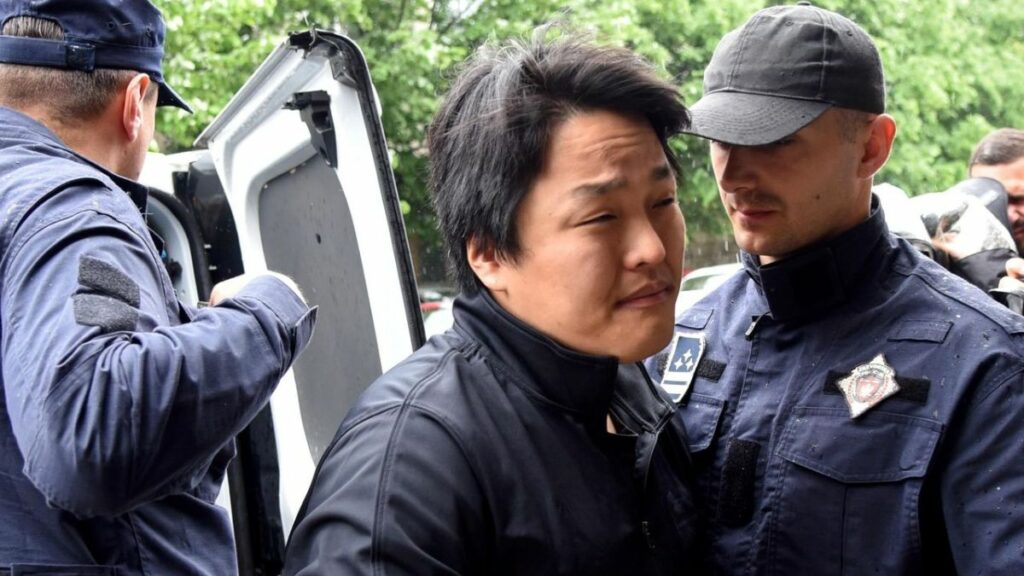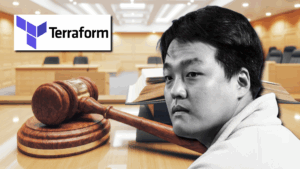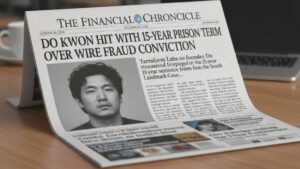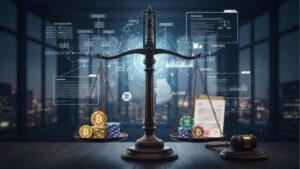TL;DR
- Do Kwon requests a lighter sentence and accepts responsibility for Terra’s collapse.
- The Terra crash erased $40 billion in value from the crypto market.
- US prosecutors seek a 12-year sentence, while South Korea demands up to 40 years.
Do Kwon requests a lighter sentence through a recent court filing and outlines the physical and psychological impact created by his imprisonment outside the United States. His legal team states that he accepts responsibility for his role in the fall of Terra, an event that erased huge amounts of value from the crypto market and produced long-lasting damage across digital finance.
The crash of Terra in 2022 eliminated nearly 40 billion dollars from the crypto asset market and caused pressure across lending platforms, hedge funds and crypto exchanges. Kwon avoided authorities during the months following the collapse, although law enforcement in Montenegro arrested him for falsified travel documents. U.S. authorities later gained custody, and he admitted guilt to wire-fraud-related charges while surrendering personal assets, including real estate, under a plea agreement.

Federal prosecutors in New York confirmed that they will not seek a penalty above 12 years, and Kwon’s defense works to reduce that number substantially. The case extends beyond U.S. territory because South Korean prosecutors demand custody once the American judicial process ends, aiming for a sentence that could reach 40 years in prison. A hearing in Manhattan remains scheduled for December 11, when prosecutors present their sentencing recommendation.
Crypto Executives Face Growing Legal Pressure Worldwide
Kwon stands as the most visible figure from the Terra fallout, yet other leaders in the crypto sector also confront harsh legal consequences. Sam Bankman-Fried, former head of FTX, received a 25-year sentence in March and currently pursues an appeal that challenges the integrity of his trial. Both cases illustrate a shift in how authorities address misconduct in the crypto sector, now treating wrongdoing as criminal responsibility rather than simple market failure.










